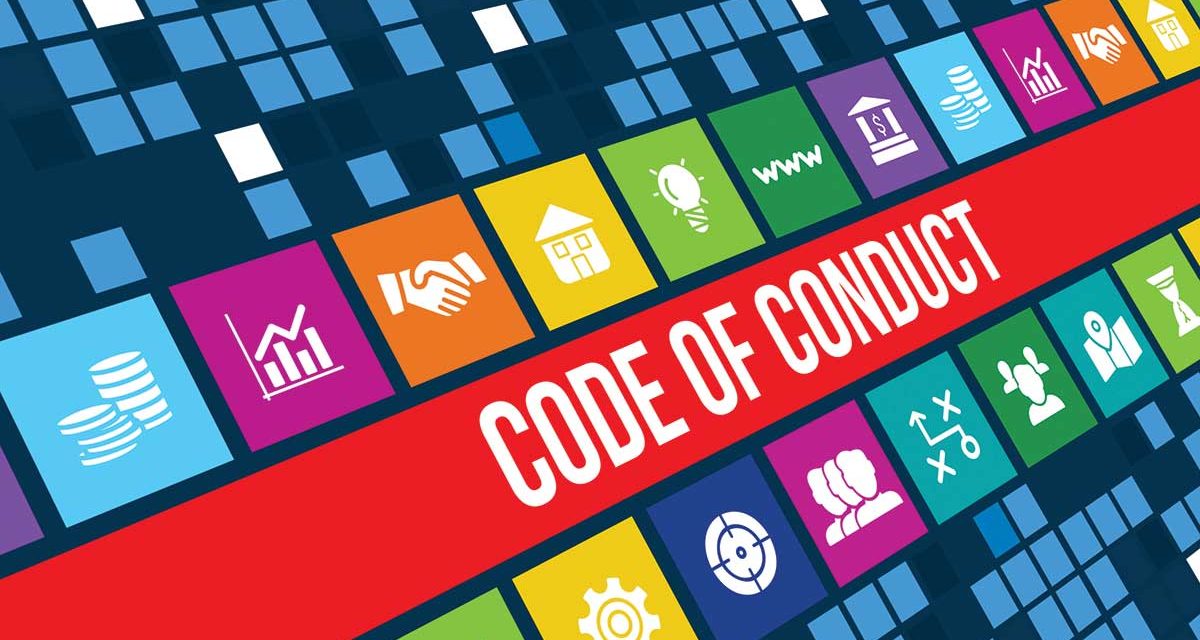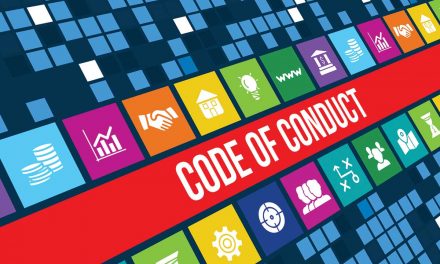This is the Fourth in a series of updates that the USU will be releasing in consultation with the industry parties including depa, LGEA and LGNSW.
This update deals with Harassment and Discrimination Sections 3.6 and 3.7:
Harassment and Discrimination
3.6 You must not harass or unlawfully discriminate against others, or support others who harass or unlawfully discriminate against others, on the grounds of sex, pregnancy, breastfeeding, race, age, marital or domestic status, homosexuality, disability, transgender status, infectious disease, carer’s responsibilities or political, religious or other affiliation.
3.7 For the purposes of this code, “harassment” is any form of behaviour towards a person that:
a) Is not wanted by the person
b) Offends, humiliates or intimidates the person, and
c) Creates a hostile environment
The sections under Harassment and Discrimination are very important.
In seeking to elaborate on the meaning of this section, we have referred to the information provided by SafeWork NSW, whose website covers these issues in detail. To see the entire list and detail provided you can visit their website at https://www.safework.nsw.gov.au/home
A summary of this information is as follows:
Harassment may be an ongoing pattern of behaviour, or it may be just a single act.
Anti-discrimination law defines harassment consistent with Section 3.7 of the Model Code of Conduct.
Harassment may be perpetrated by a person in a position of power over the victim/s, for example their supervisor at work, or it may occur where there is no power relationship, for example among work colleagues.
Anyone can be harassed, including women or men, and people of any age or race.
Harassment is illegal
In NSW, it is against the law to harass you for the reasons covered in Section 3.6 of the Model Code of Conduct.
You decide what is harassment
It’s important to understand that if you find a particular behaviour offensive, humiliating, or intimidating, and it relates to any of the issues covered in Sections 3.6 and 3.7, then it is harassment.
SafeWork NSW provides a comprehensive list of the types of behaviour which could constitute harassment.
Issues which include but are not limited to inappropriate material displayed or circulated in the workplace, either by paper or electronic, verbal abuse or comments, offensive jokes, offensive gestures, ignoring, isolating or segregating a person or group; for example not inviting someone to a work event that everyone else is invited to and initiation ceremonies that involve unwelcome behaviour.
Harassment in the Workplace
Your employer must not harass you at work, and they must take all reasonable steps to make sure there is no harassment in the workplace.
Your employer must do their best to make sure that you are not harassed by your supervisor, your workmates, your customers or clients. They must do this whether you are full-time, or part-time, permanent or casual.
In this context, all reasonable steps may include:
- Having a clearly defined policy that harassment is not acceptable, and procedures for addressing harassment when it occurs.
- Making sure all employees know about this policy, what constitutes harassment and the procedures for addressing it.
- Ensuring that the policy and procedures are followed.
Of course, if you are happy with a particular type of behaviour that is OK – as long as it doesn’t interfere with your work or any standards of workplace behaviour that your employer has set.
Remember, if you don’t mind the behaviour then it’s not harassment.
Where to Find Support
Union members can contact their respective Union for advice.
Your employer should have accessible workplace policy on guidelines which should also be readily accessible. Your employer should also have a free Employee Assistance Program available with a phone number to call.
SafeWork NSW also provides a list of options on their website which include:
Lifeline 131114
Beyond Blue 1300 224 636
Men’s Line Australia 1300 789 978
as well as others
FURTHER INFORMATION:
1. United Services Union
Contact:
Stephen Hughes (Manager North)
Ph: (02) 4962-1444 or
Daniel Papps (USU Legal and Industrial Officer)
Ph: (02) 9265-8211
2. Local Government Engineers Association
Contact:
Gordon Brock (Director)
Ph: (02) 9263-6555
3. Development and Environmental Professionals’ Association
Contact:
Ian Robertson (Secretary)
Ph: (02) 9712-5255
4. Local Government NSW
Contact:
Industrial Relations Unit
Ph: (02) 9242-4142


